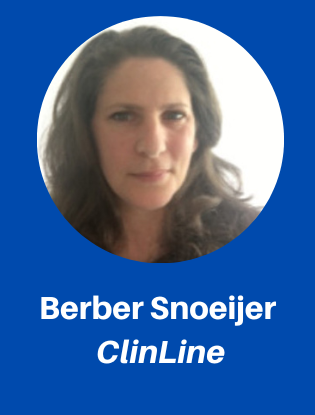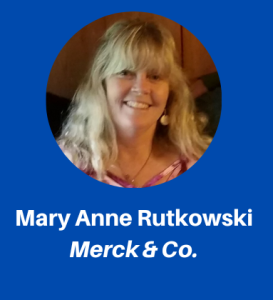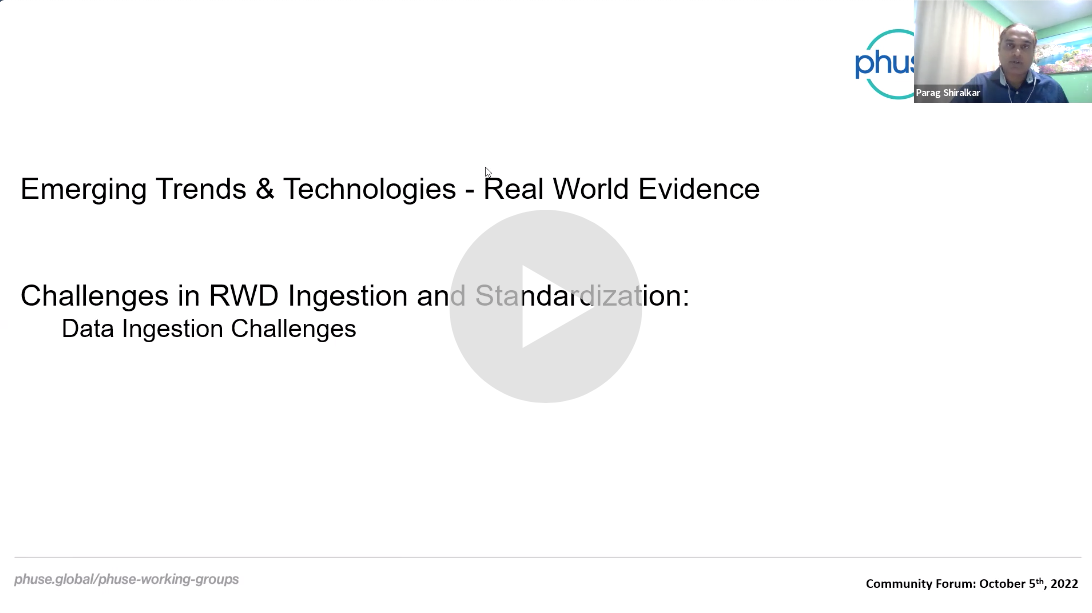Emerging Trends & Technologies Community Forum – : Ingestion and Standardization of Real-world Data |
Real-world data can come from many different sources. Depending on the source, such data may follow specific healthcare data standards tailored to data collection requirements. Use of such data in a well-controlled clinical trial setting requires ingestion as well as standardization. The first step of ingestion allows the sponsor to import and store the data as per research requirements. This is followed by standardization of the data to ensure the interoperability, appropriate usage, and reporting as per regulatory requirements. The free, virtual event took place 5 October 2022, 15:00 (BST)/ 10:00 (EST). This community forum discussed the options and challenges when using and standardizing a variety of available real-world data sources including the corresponding data models and ingestion methods. Questions and discussions took place after each topic as well as a general Q&A at the end. Couldn't attend? Ensure you don't miss out! Catch up by viewing the recording. We encourage everyone to get involved in the online Disqus forum which is posted below. Here, you can have your say, ask the presenters questions and carry on the conversation. |
| Presenter | Bio |
|---|---|
Parag Shiralkar has over 18 years of experience in the pharmaceutical and biotech industry. He has taken operational, managerial and executive leadership roles in the functions of data operations, biostatistics and statistical programming. In his tenure, Parag has worked on almost all aspects of data operations and analysis involved in clinical trial data used in the context of the drug development process. He has led the execution of statistical programming activities for various regulatory submissions in the Immunology, Rare Disease, Infectious Disease and Oncology therapeutic areas. Parag’s current career interests include framework for appropriate use of Real World Data (RWD) for clinical as well as medical research, risk-managed use of open-source technologies and application of AI/ML in the statistical reporting environment. He has completed master’s degrees in biostatistics and in business administration. Parag is President of Sumptuous Data Sciences and is based out of New Jersey, USA. | |
| Berber Snoeijer started in clinical research in 1997 as a biometrician and has since then worked with clinical data in different functions. In 2001 she started a CRO – Biometric Support – aimed at the data management, data analysis and reporting of clinical trials. In 2011 she started as an R&D manager dedicated to investigating and utilising the potential of real-world data from electronic health records. This resulted in many different solutions including a full reporting system to give feedback information to clinical research professionals. Berber is experienced with software and database engineering, process engineering and improving efficient utilisation and interaction of people based on management drivers. Nowadays, she uses these skills and knowledge to help life science companies assess, design and improve business solutions and processes at smaller and larger scales. | |
Mary Anne Rutkowski is currently a Principal Scientist at Merck & Co in a Statistical Programming department, where her team provides high-quality programming analysis and reporting deliverables using real-world-data for non-interventional studies. She has been at Merck for over 30 years and during her first 25 years she had many roles, most of which were in programming groups that used clinical trial data for regulatory submissions or claims data for marketing analysis. Mary Anne recently joined the PHUSE Real-World Evidence Working Group. She has a bachelor’s degree in engineering, a master’s degree in computer science and a master’s degree in business administration. |




